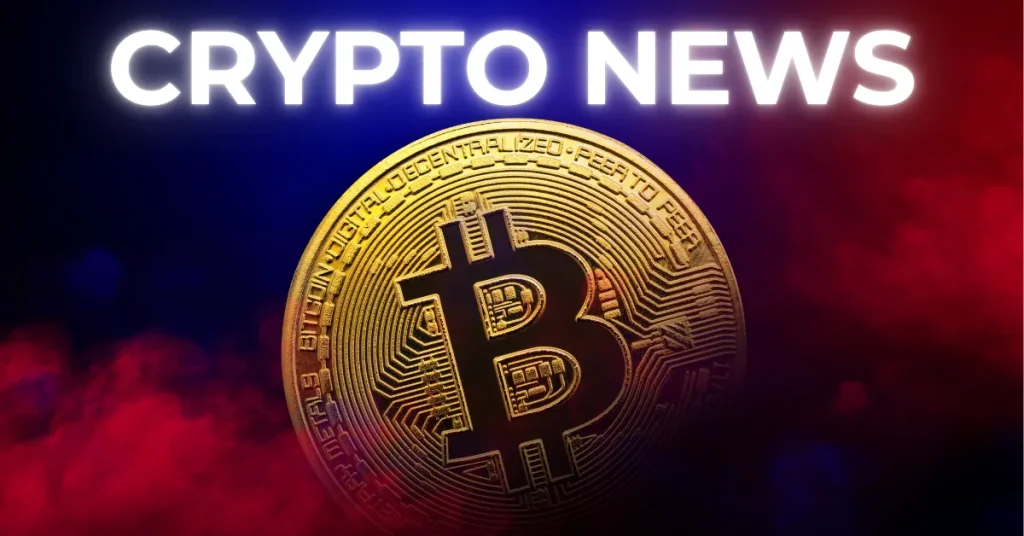OpenSea $1M NFT Fund Eclipsed by Major SEA Token Announcement
NFT marketplace OpenSea has launched a $1 million initiative to acquire and curate digital art, unveiling what it calls the Flagship Collection.
The move, announced Monday, comes as the company prepares for the rollout of its SEA token, a development that has quickly overshadowed the cultural reserve.
The Flagship Collection marks OpenSea’s first formal reserve, intended to show NFTs not just as speculative assets but as cultural artifacts.
The program will operate under a committee-driven process, with selections made by OpenSea employees alongside external advisors.
OpenSea Pitches NFTs as “Building Blocks of Culture” in Flagship Archive
According to the announcement, purchases will be announced publicly across the platform’s channels, framed as “acquisition moments” designed to educate and engage collectors.
OpenSea says it has implemented strict safeguards to ensure fairness, including internal controls to prevent leaks or trading misuse.
Committee members with financial interests in a project under review will be recused from decisions. While a handful of external advisors may provide input, final authority rests with the committee.
The first acquisition in the collection is CryptoPunk #5273, part of the original Larva Labs series later acquired by Yuga Labs. The marketplace purchased the pixelated character for 65 ETH, worth roughly $285,000 at the time of the transaction two weeks ago.
The company describes the piece, dubbed the “OpenSea Punk,” as emblematic of the outsider and creator ethos that defined the early NFT movement.
Adam Hollander, OpenSea’s chief marketing officer, said the initiative seeks to place the work of emerging artists alongside historically important tokens.
Over the coming months, the platform expects to purchase one new piece every few days, spanning from rising creators to rare and high-profile collections. The long-term goal is to build what OpenSea characterizes as a “living museum” of digital culture.
In a blog post accompanying the announcement, OpenSea argued that NFTs should be viewed as cultural building blocks, comparable to artifacts that document the evolution of digital creativity.
“Years from now, we believe people will look back at NFTs as the foundation of digital culture,” the post stated, positioning the Flagship Collection as a permanent archive.
The company emphasized that it has no intention of flipping assets for profit. While sales may occur in rare cases, such as concerns about a project’s stability, OpenSea said its intent is to hold NFTs long-term.
Knowledge of both acquisitions and potential sales is restricted to a small group of employees bound by strict compliance rules.
Despite the initiative’s cultural framing, industry attention quickly shifted to OpenSea’s broader strategy and the anticipated SEA token launch.
The Flagship Collection may serve as a symbolic backdrop, underscoring the company’s effort to reassert leadership in an increasingly competitive NFT market.
OpenSea, once the undisputed leader in NFT trading, has faced rising pressure from rivals such as Blur and Magic Eden.
OpenSea Acquires Rally to Drive Mobile NFT Push Amid Regulatory Win
OpenSea previously acquired Rally, a mobile-first Web3 platform, in a move to expand digital asset trading on mobile devices.
The deal, announced in July, signals OpenSea’s ambition to build what it calls an “onchain everything app,” integrating NFTs, tokens, and other assets into a single mobile-native experience.
Rally’s co-founders, Chris Maddern and Christine Hall, joined OpenSea’s leadership team, with Maddern stepping in as chief technology officer.
OpenSea said Rally’s expertise in mobile token trading will accelerate its roadmap. In a post on X, Maddern described the vision as growing the on-chain economy for creators, collectors, and traders, noting that tokens and NFTs should complement each other.
The acquisition comes after OpenSea launched its revamped “OS2” platform in May. The update introduced full fungible token trading, support for 14 blockchains including Flow, ApeChain, Sony’s Soneium BSL, and Berachain, and cross-chain purchase functionality aimed at simplifying multi-chain transactions.
In February, OpenSea confirmed plans for an SEA token airdrop tied to the OS2 rollout, though no launch date has been set.
The company’s latest push follows a favorable regulatory outcome. In February, the U.S. Securities and Exchange Commission closed its investigation into OpenSea, which had begun in 2024 over allegations the marketplace operated as an unregistered securities exchange.
OpenSea co-founder Devin Finzer called the decision a win for the NFT community. Industry figures, including Magic Eden’s Chris Akhavan, also welcomed the news as a boost for the sector.
Notably, the NFT market has shown mixed signs of recovery. Data from CryptoSlam recorded sales ranging from $115.4 million to $170.5 million between July and August before cooling to $92 million in September.
You May Also Like

Crypto News Today: CPI Report Could Decide Next Move for Bitcoin, Ethereum, and XRP

Analysis: Funds from the U.S. Treasury market may drive a new round of crypto asset growth
